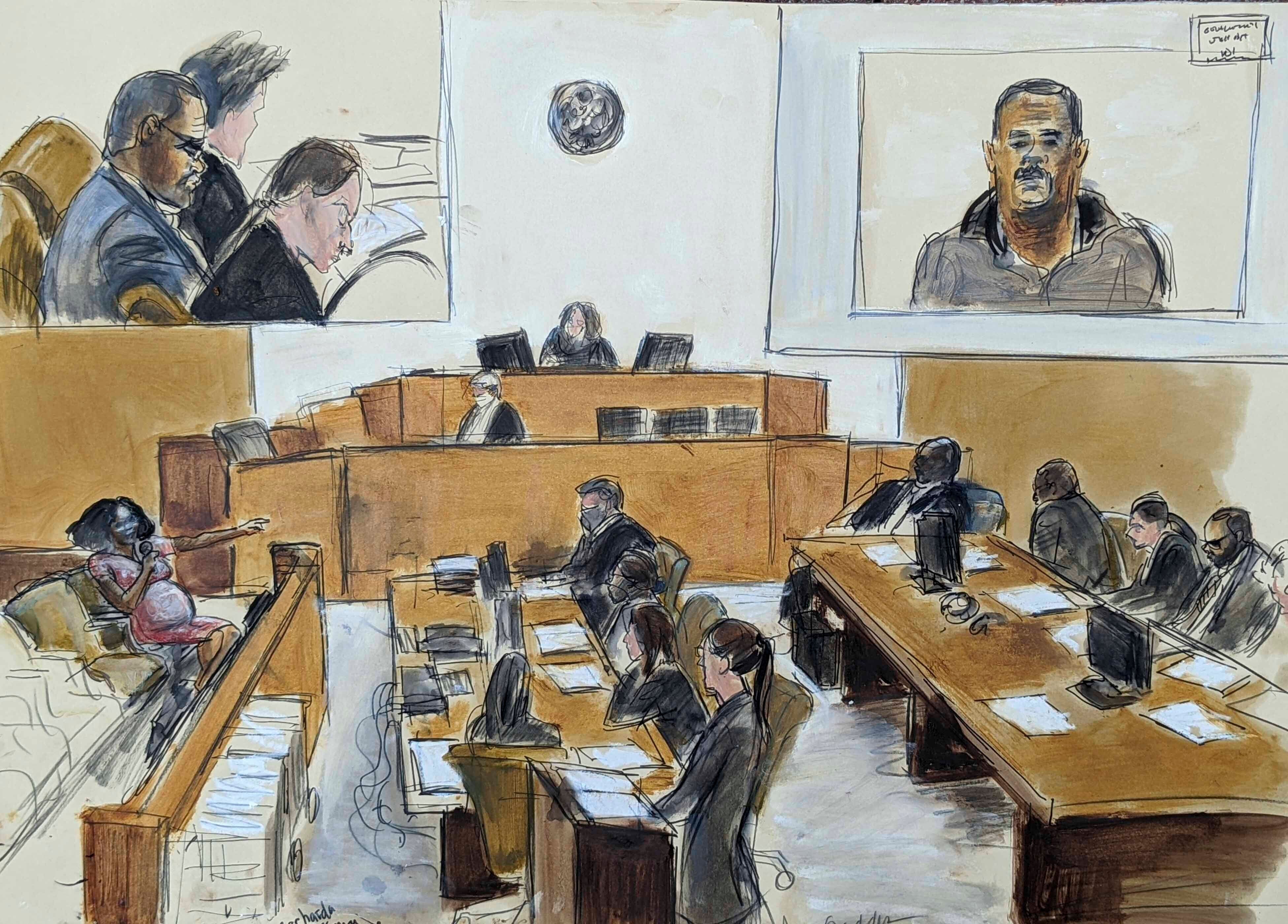Ex-employee: R. Kelly lived in 'Twilight Zone' he controlled
One of R. Kelly's former employees says the singer lived in a “Twilight Zone” where he called all the shots, including when visitors could leave or order takeout food

Your support helps us to tell the story
From reproductive rights to climate change to Big Tech, The Independent is on the ground when the story is developing. Whether it's investigating the financials of Elon Musk's pro-Trump PAC or producing our latest documentary, 'The A Word', which shines a light on the American women fighting for reproductive rights, we know how important it is to parse out the facts from the messaging.
At such a critical moment in US history, we need reporters on the ground. Your donation allows us to keep sending journalists to speak to both sides of the story.
The Independent is trusted by Americans across the entire political spectrum. And unlike many other quality news outlets, we choose not to lock Americans out of our reporting and analysis with paywalls. We believe quality journalism should be available to everyone, paid for by those who can afford it.
Your support makes all the difference.R. Kelly lived in a “Twilight Zone” where he called all the shots, including whether visitors at his Chicago-area mansion could leave or order takeout food, one of his former employees testified on Friday.
Anthony Navarro was called as a government witness at Kelly’s sex-trafficking trial to describe the inner workings of the home where the R&B singer had a recording studio and a constant stream of female visitors.
The testimony bolstered the government's contention that Kelly controlled everything around him and created an environment where girls and women who entered the space faced strict rules that gave them little choice but to submit to the singer's sexual whims.
Being at the mansion “was almost like the ‘Twilight Zone,’” Navarro said. “It’s just a strange place.”
Navarro told jurors that he never witnessed Kelly sexually abuse his victims as alleged at the trial that began earlier this week in federal court in Brooklyn But there were “girls” who would stay for long stretches and couldn’t eat or depart without Kelly’s permission.
“There’s been times where they wanted to (leave) but couldn’t because they couldn’t get a ride or we couldn’t get ahold of Rob,” he said.
Navarro, who was trained as an audio engineer, spent much of his time doing menial chores for Kelly like driving visitors to and from his home.
“Mainly it was girls who were coming to the studio,” he said.
It was the third day of testimony at a trial expected to last several weeks for a singer who became famous during a 30-year career through hits like “I Believe I Can Fly,” a 1996 song that became an inspirational anthem.
Kelly, 54, has denied the accusations and his lawyers have portrayed him as a victim of women who targeted him after the emergence of the #MeToo movement brought a new look at the relationship between celebrities and their fans.
The women’s stories got wide exposure with the Lifetime documentary “Surviving R. Kelly.” The series explored how an entourage of supporters protected Kelly and silenced his victims for decades, foreshadowing the federal racketeering conspiracy case that landed Kelly in jail in 2019.